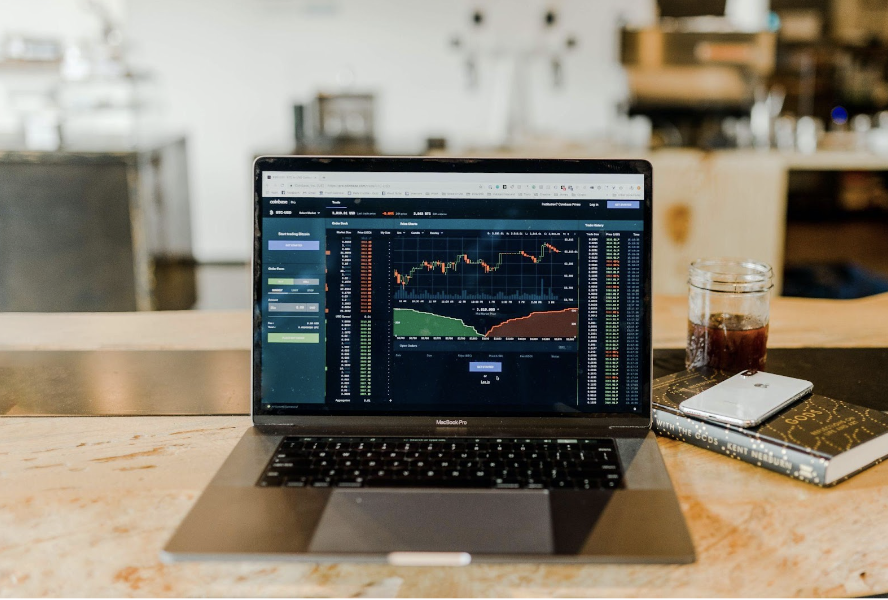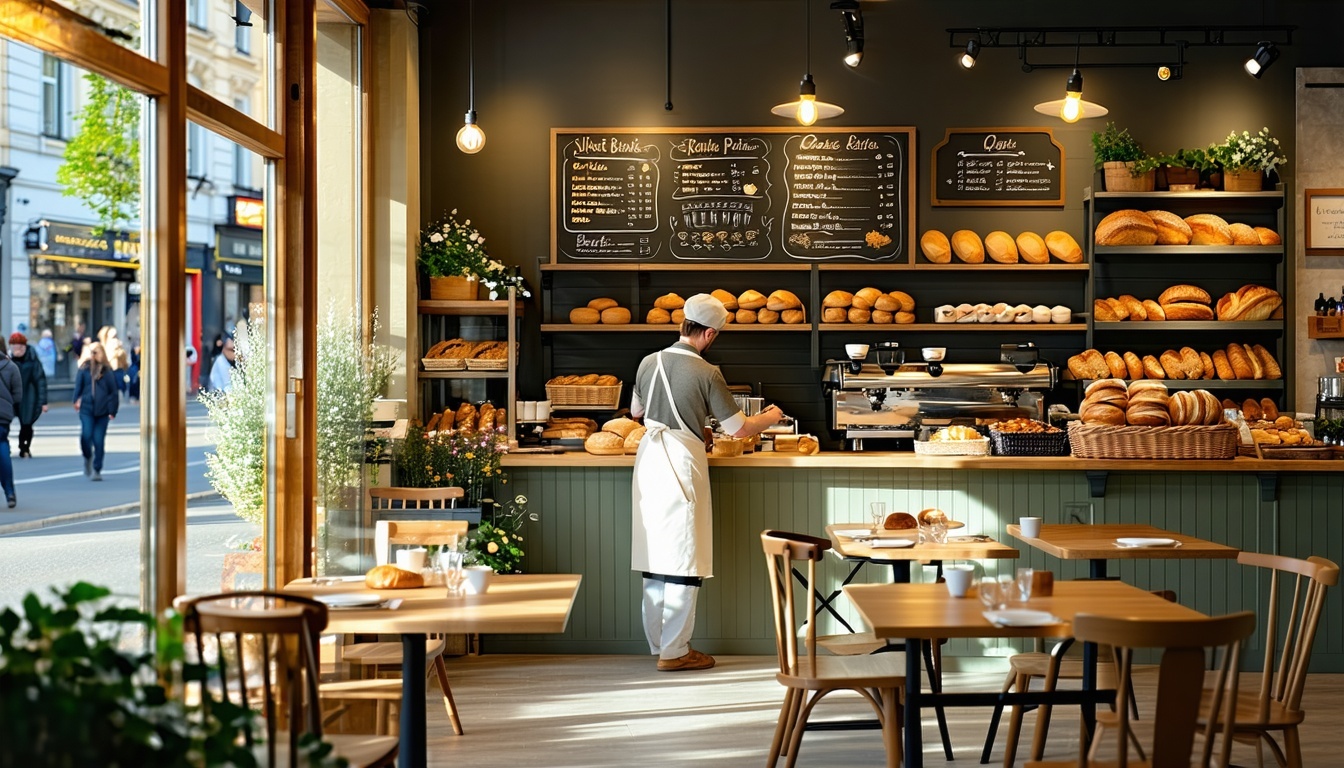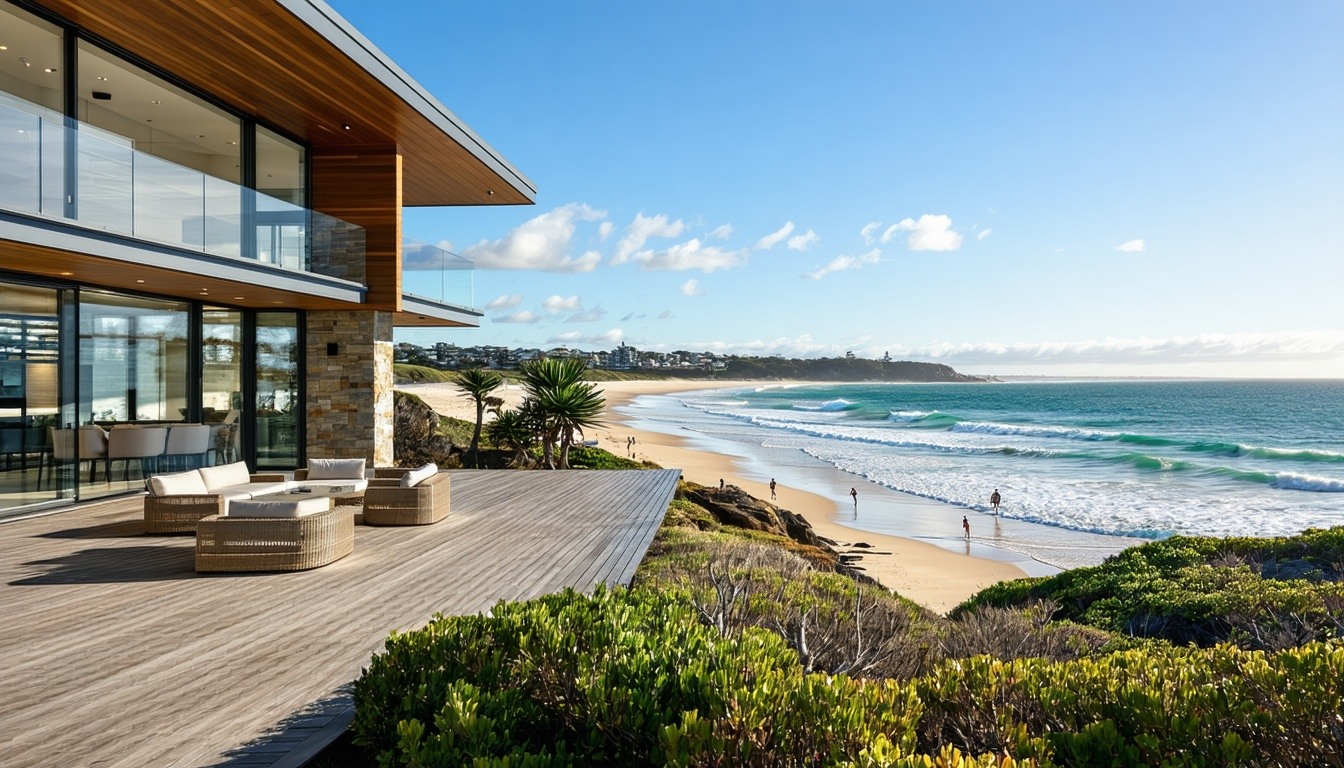Choosing the right roof for your business building is a critical decision that impacts both the functionality and aesthetics of your property. The roof is your first line of defense against the elements, and its integrity directly affects your operational efficiency and comfort. This guide will provide essential tips that will help you make an informed choice about roofing materials and styles to suit your business needs.
Understanding the Basics of Commercial Roofing
Commercial roofing differs significantly from residential roofing in terms of materials, design, and installation processes. Understanding the specific requirements for commercial buildings is essential for making the right choice. Commercial roofs are generally flat or low sloped to allow for efficient drainage and maintenance. Roofing ventilation is critical to prevent moisture buildup, reduce energy costs, and prolong the lifespan of the roof.
Moreover, the materials used in commercial roofing must comply with building codes and industry standards. The most common roofing materials for commercial buildings include metal, TPO, EPDM, and PVC. Each of these options has its own set of advantages that cater to different business needs.
Assessing Your Business Needs
Before selecting a roof, evaluate the unique needs of your business. Consider factors such as climate, building use, and maintenance preferences. For instance, businesses located in areas with heavy rainfall or snow should prioritize materials with superior water resistance and insulation.
If your business involves significant external operations, such as raw material storage or manufacturing, a durable roof that can withstand heavy loads is necessary. Understanding your business's operational aspects can significantly influence your choice of roofing materials.
The Cost of Roofing Options
Budget plays an integral role in roofing decisions. Costs can vary significantly based on the material, design, and installation complexities. While cheaper options may save money upfront, they could lead to higher maintenance costs in the long run. Therefore, it’s wise to consider the total cost of ownership rather than just the initial installation costs. For example, a commercial flat roof installation may have a lower upfront cost than a pitched roof. However, if it requires frequent maintenance or has a shorter lifespan, the overall costs could rival that of a more expensive option.
Evaluating Longevity and Durability
Longevity is another crucial factor when selecting a roof. High-quality materials often provide better longevity, thus saving you replacement costs over time. Metal roofs, for example, can last 30 years or more with minimal maintenance, while TPO and EPDM roofs typically last 20 to 25 years.
Furthermore, consider the environmental impact of the materials. Roofs made from sustainable materials can enhance the marketability of your building while contributing positively to the environment. Assessing the lifecycle of materials used in commercial roofing can guide you in making an informed decision.
Energy Efficiency and Insulation
In today’s eco-conscious world, energy efficiency is a significant factor. A roof that provides excellent insulation can reduce heating and cooling costs, thereby improving overall energy efficiency. This can also minimize the carbon footprint of your business.
Opting for a roof that reflects sunlight can reduce heat absorption, further decreasing energy costs. Roof materials are now available in various energy-efficient forms to cater to modern businesses looking to decrease their environmental impact.
Understanding Warranty Options
Warranties offered by manufacturers and contractors vary significantly. It’s essential to thoroughly read and understand warranty coverage before making your selection. A strong warranty can help you hedge against potential repair or replacement costs.
Warranties generally provide coverage for workmanship, materials, and sometimes, weather-related damage. Ensure that you choose products that come with substantial warranties to guarantee their quality and lifespan. Some manufacturers offer warranties that can last for 20 years or more, providing peace of mind concerning your investment.
Consulting Roofing Professionals
Partnering with experienced roofing professionals is vital for selecting and installing a commercial roof. Their expertise can guide you through the nuances of different materials and help you understand what works best for your specific needs.
Additionally, professionals can provide insights regarding local climate patterns, which can influence your roofing decision. They will ensure that your roof is installed according to local building codes and industry standards, reducing the likelihood of future issues.
Getting Multiple Quotes
Obtaining multiple quotes from different contractors is advisable. Getting various perspectives enriches your understanding of market rates and material options. Be sure to check reviews and get references from contractors before signing any agreements.
This process allows you to compare not just pricing but also the scope of services offered by different contractors. Some may include routine maintenance as part of their service, which can save you added expense down the line.
Reviewing Visual and Aesthetic Considerations
Aesthetics play a role in branding and the image of your business. The roof type and material can enhance or detract from your building's overall appearance. Consider how the roof will look alongside your building’s structure and design.
Choosing a roof that aligns with your brand identity can improve your visibility and impression within your community or industry. Color, texture, and material can also influence the durability and maintenance of the roof, affecting your overall selection.
Maintenance and Accessibility
Lastly, think about accessibility and maintenance. A flatter roof will typically allow for easier access for repairs and inspections compared to sloped roofs. Ensure that any roofing option you choose allows easy access for maintenance teams.
A roof that is easy to maintain will reduce overall costs and the chances of future problems. Regular inspections can catch issues early, thereby extending the roof’s longevity and ensuring that it consistently protects your building and its inhabitants.
For business owners seeking greater accuracy in roof inspections and planning, incorporating modern technology can be valuable. One innovative approach is utilizing contractors who uses drone roof measurement tools, which provide precise data for complex or hard-to-access commercial roofs. Drone-based software allows for efficient and safe analysis while offering high-resolution imagery to aid in maintenance plan development and damage assessment.
Selecting the right roof for your business building is a multifaceted decision that requires careful evaluation of various factors. By considering the materials, costs, aesthetics, and professional insights, you can make an informed choice that enhances the functionality, sustainability, and appearance of your property.
Related Posts
Join the movement.
Your Entourage journey starts here. Join Australia's largest community of over 500,000 business owners and entrepreneurs, and receive instant access to exclusive content and updates delivered straight to your inbox.




